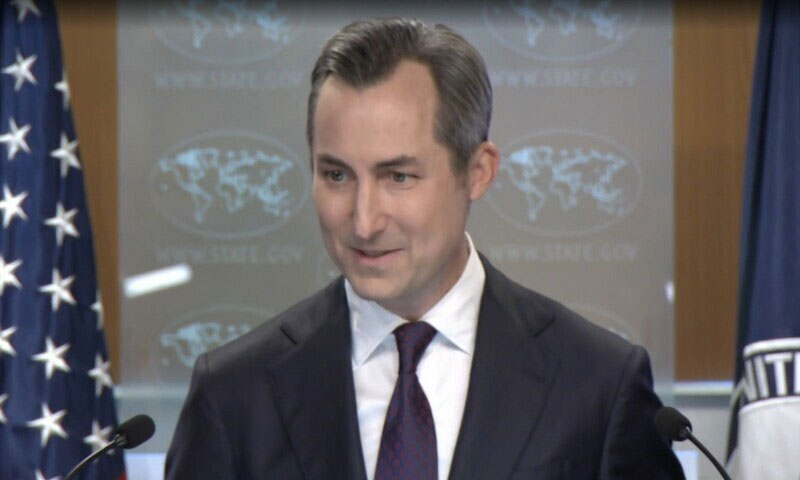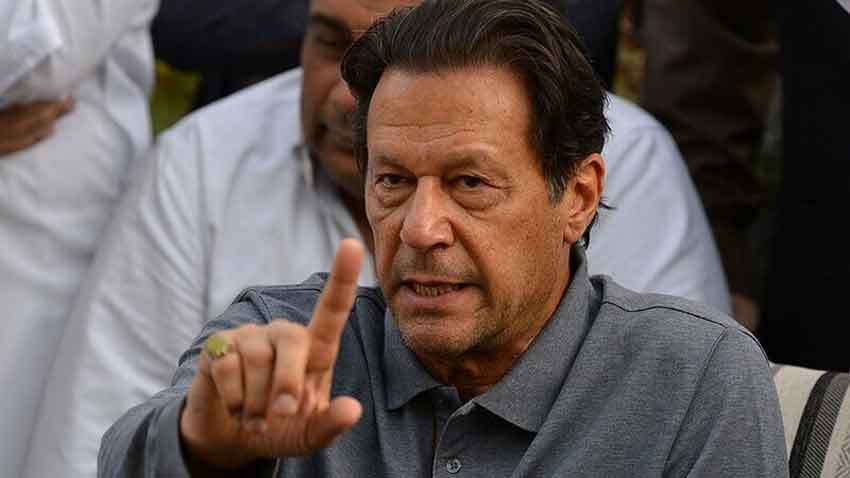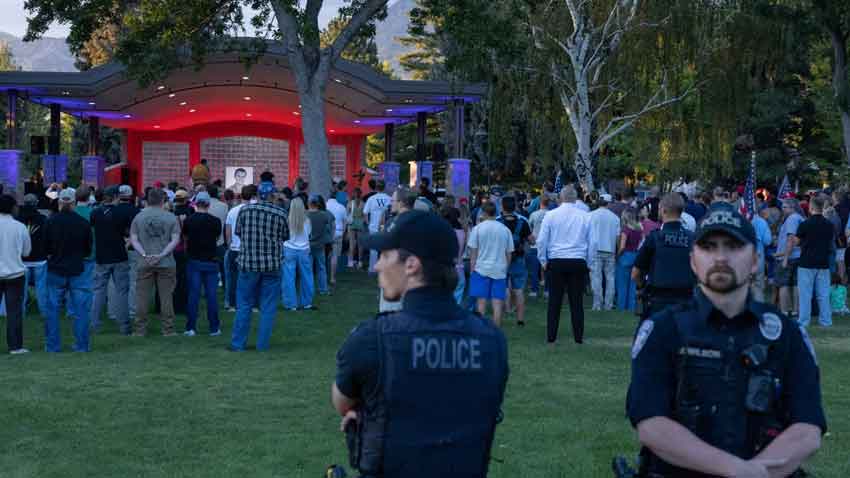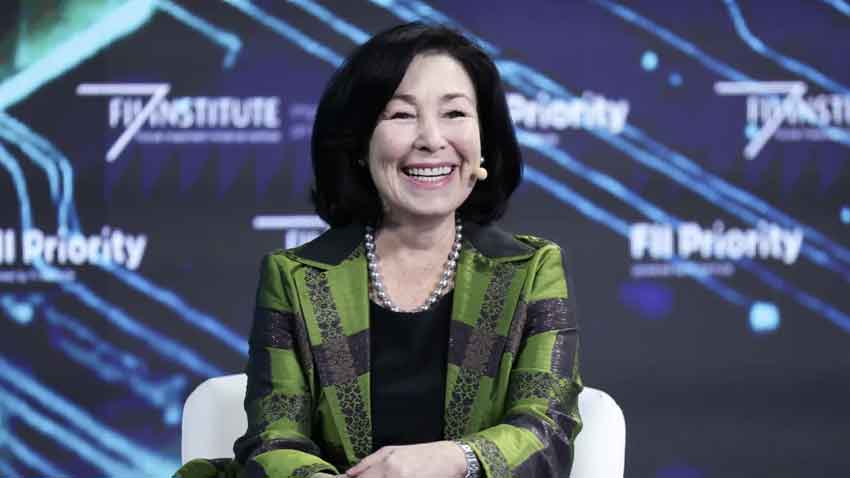
During a State Department press briefing last night, the spokesperson said his country is “always concerned” at the arrest of opposition leaders and urges the peaceful upholding of constitutional and democratic principles.
Last Monday, PTI spokesperson Raoof Hasan was arrested by the Islamabad police during a raid conducted by the Islamabad police and Federal Investigation Agency (FIA) on the party’s digital media wing. The interior ministry accused the party of peddling “anti-state propaganda”.
Addressing the press briefing, Miller commented on Islamabad’s decision to conduct the raid, arrest the PTI leader and even trying to have the PTI banned.
In this respect, he acknowledged to have seen the reports of the arrests of PTI leaders, adding that the US is “always concerned when we see arrests of opposition leaders”.
“I’m always personally concerned when I see the arrest of a spokesperson,” Miller said, drawing a laughter from those in attendance due to him being a spokesperon himself.
He said that the State Department “supports the upholding of constitutional and democratic principles, including the rule of law, equal justice under the law, and respect for human rights like freedom of expression and freedom of peaceful assembly”.
Miller added that the department “urges that these principles be respected in accordance with Pakistan’s constitution and laws”, before answering further questions.
Asked about the Department’s views on the state of democracy in Pakistan as well as Bangladesh, Miller replied, “What we as the United States have always done […] is to speak out for democratic values around the world and make sure that — or — and make clear that countries are strongest when they uphold democratic values […] anywhere in the world. And that’s what we’re going to continue to do.”
“We will continue to make our values clear,” he added, stressing that “sovereign countries make their own decisions” independent of what the United States or any other country believes.
He noted, “What we can do is impress upon countries what we believe are the right way to approach questions of fundamental freedom, questions of democratic values, questions of human rights and bring all the influence we can to bear to urge them along that path. And that’s what we’ll continue to do.”
When asked about the deportation and overall state of Afghan refugees in Pakistan but he did not answer that question.
When asked about the Pakistan Army’s decision to snuff out what it calls is “digital terrorism”, Miller said, “We support media freedom in Pakistan, just as we support it around the world.”




